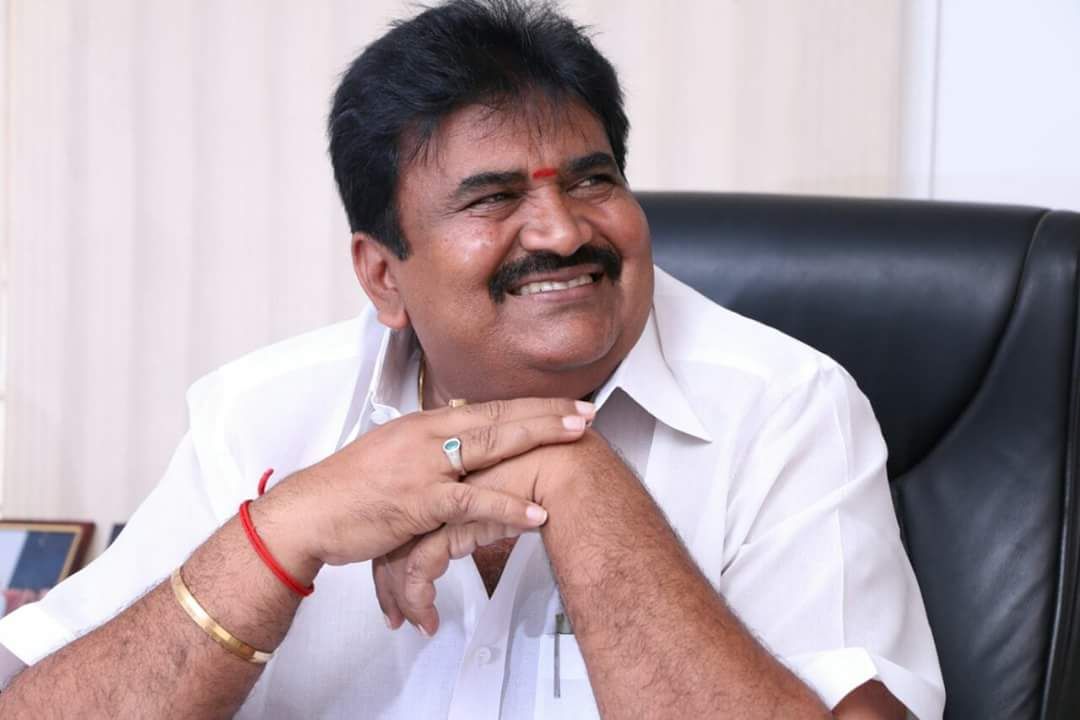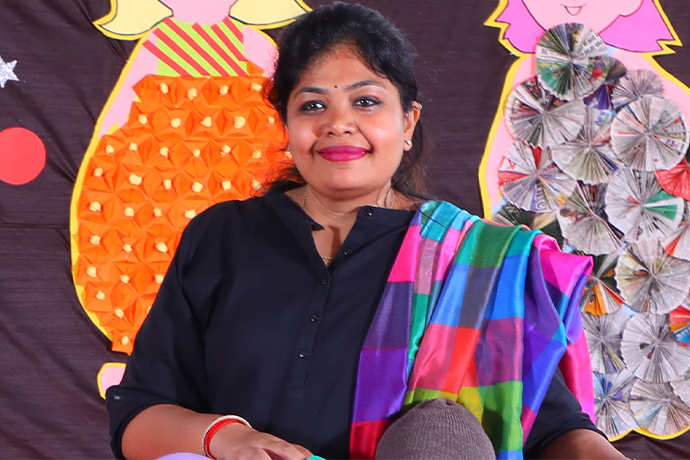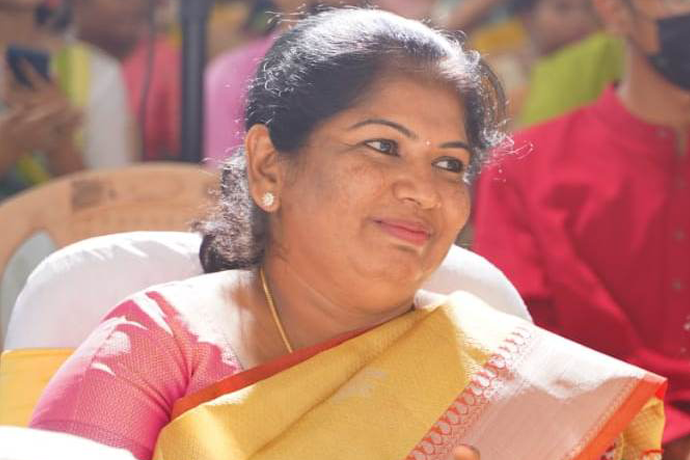MANAGEMENT COMMITTEE
kids Club Group of Institutions is supported by Mohan-Gee Educational and Social Trust, and managed by the following committee members in their respective capacities.

CHAIRMAN'S MESSAGE
It is no wonder that I was led into social service, almost as a hobby, by my father, Shri Mohan Kandasamy, known affectionately as "Ayya" and reverentially as the "Bhishmar of Tiruppur," since he possessed "service-mindedness" as an inborn trait. Not quite satisfied with the various kinds of service he had been rendering—service that could inspire awe in others—he decided to focus on the most impactful one: "Education." The result was the founding of Kids Club Matriculation School in Tiruppur.
The resounding success of this school, coupled with a call from the student community for alternative curricula, led to the establishment of Kids Club Sr. Sec. School, popularly known as Kids Club CBSE and Kids Club International School in Tiruppur. The Matriculation School adopts the Tamil Nadu state curriculum, while the Sr. Sec. School follows the CBSE curriculum, and the International School teaches the curriculum set by Cambridge University. While the Kids Club Group of Institutions may follow different curricula, the motto remains the same—Honesty.
Following in the footsteps of my father, I firmly believe that providing an all-round education to the children of today is equivalent to creating responsible citizens and charismatic leaders of tomorrow, which is what we are committed to achieving.
Management Committee
SECRETARY'S MESSAGE
Children are children until they successfully finish school, or from a statutory viewpoint until they reach the age of eighteen years. The central idea here is that they need proper guidance and regular training, whether they are in Kindergarten or in Grade Twelve.
An adolescent learner is expected to be more informed and responsible than a young learner. But this does not mean adolescents can be on their own, nor does it imply they have become adults. Another vital point is that physical growth does not indicate mental maturity.
Some students may look bigger than the teacher, but it would be a gross misconception if the teacher took the student for a fully grown, mature individual. Therefore, the teacher's primary responsibility is to understand children as children and provide them with the right kind of guidance and training. For example, while a child in Grade 3 or 4 needs one set of instructions, a child in Grade 11 or 12 needs a different set. That is all there is to it.
Further, mere instructions are not enough. They can easily go in through one ear and out through the other. Therefore, the successful accomplishment of the whole exercise calls for the right instructions and regular training.


PRINCIPAL'S MESSAGE
To children in their early childhood, school is clearly the first sphere of exposure to the world outside of their homes. As they successfully progress through the successive stages of their schooling years, they are faced with several challenges.
These challenges shape their intellect, attitude, aptitude, alongside a wide range of behaviour traits. These traits are no less important than any of the other aspects, as evidenced from the experiences of those who are unable to scale great heights in spite of having all other qualifications. Later, when students reach the final stages in school, the focus rests primarily on "What Next!" Competition, these days, is so intense that they are required to prepare for multiple options all the while preparing for their board exams.
This, in turn, multiplies the demands placed on educators. Kids Club CBSE appropriately balances these diverse demands. All the classroom sessions, co-curricular, and extracurricular activities from Pre-KG to Grade 12 are geared up to supply to the learners, all that they will need for their future. The principal, as the pivotal point of contact, is always available not only to the teachers but also to students and parents. In short, Kids Club CBSE is a place where every child commands an equal degree of importance and attention.